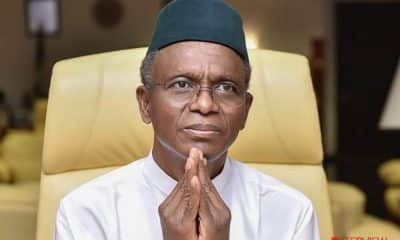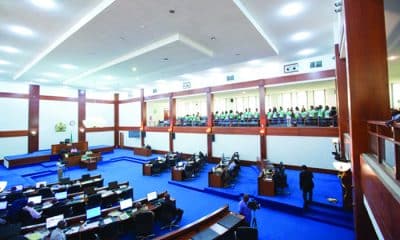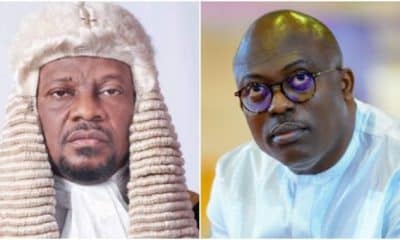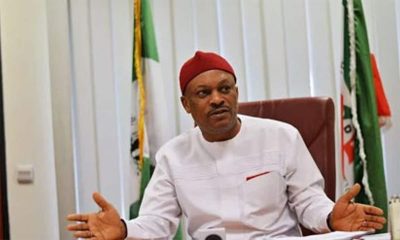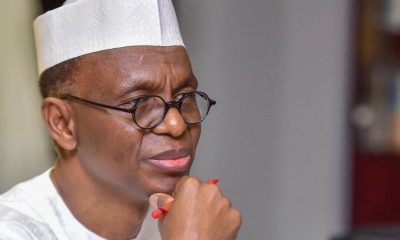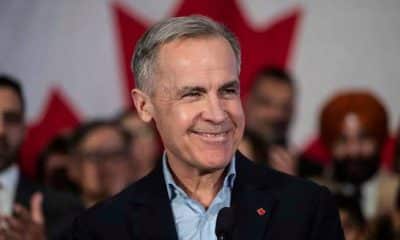Nigeria News
19 Million Nigerians Are Now Tax Concious – Osinbajo


Vice President of Nigeria, Yemi Osinbajo
19 million Nigerians now pay tax – Osinbajo
The Vice President, Yemi Osinbajo today revealed that the nation had increased its tax net from 14 million in May 2017 to 19 million this year.
Mr Osinbajo gave the revelations at opening session of the 2018 edition of the Chartered Institute of Taxation of Nigeria, CITN, conference stated that as at December 2017, only 943 Nigerians paid self-assessed taxes of less than N1 million.
“Earlier, I noted that as of May 2017, only 14 million economically active Nigerians pay taxes.
“I am pleased to note that the number is now in excess of 19 million and still growing.
“This means that efforts led by the Federal Inland Revenue Service in collaboration with many of the states inland revenue services have already added more than five million new taxpayers to the tax base.
“But there is still a lot of work ahead of us; as Nigeria races to catch up with the rest of the world in terms of tax compliance we all have a role to play in this.’’
The Vice President also noted that tax issues were not exciting to anyone but added that it was an argument on whether one should pay taxes or enjoy dividend of governance.
According to him, in reality it should not be debated as compliance and good governance should exist side by side as the head and tail of a social contract that binds citizens and government.
He said it was difficult to explain the cynicism displayed by Nigerians about governance and about fulfilling their tax responsibilities.
“Governments generally have the nonchalance of fulfilling their own part of the social contract. “But it is also a fact that when people pay taxes, they are more inclined to hold their governments to account.’’
“The moral is a simple one that when citizens pay their full share of taxes they take more than a passing interest in how they are governed and how public funds are utilized and accounted for,’’ he stated.
Mr Osinbajo said that government had relied more in the past on oil revenues than on taxation adding that a decline in taxation depicted a decline in government’s accountability and ability to deal with the needs of the people.
He also said that poor tax management was one of the issues that increased corruption in the system adding that the fact remained that the tax payer was less tolerant of corruption than another who failed to pay.
“We have aggressively expanded the implementation of the TSA and IPPIS both designed to ensure that public funds are transparently managed and spent.
“In the process we have succeeded in proving that process reforms are only as good and effective as their implementation.
“The TSA’s unified system of bank account domiciled in the CBN has proved to be far more transparent and cost effective than the old scenario where government agencies maintained thousands of accounts across many commercial banks because of the TSA the federal government realizes monthly saving of at least N4billion which could have gone on commercial bank charges alone.
“The Presidential Initiative on Continuous Audit (PICA) has also tightened controls on federal payrolls and pension systems elimination tens of thousands of ghost workers and saving us more than N200 billion that would have gone to these ghost workers,’’ he added.
Mr Osinbajo also stated that such savings were instrumental to the huge government expenditure on infrastructure and human capital development than any previous government in spite of the recession and dwindling earnings.

